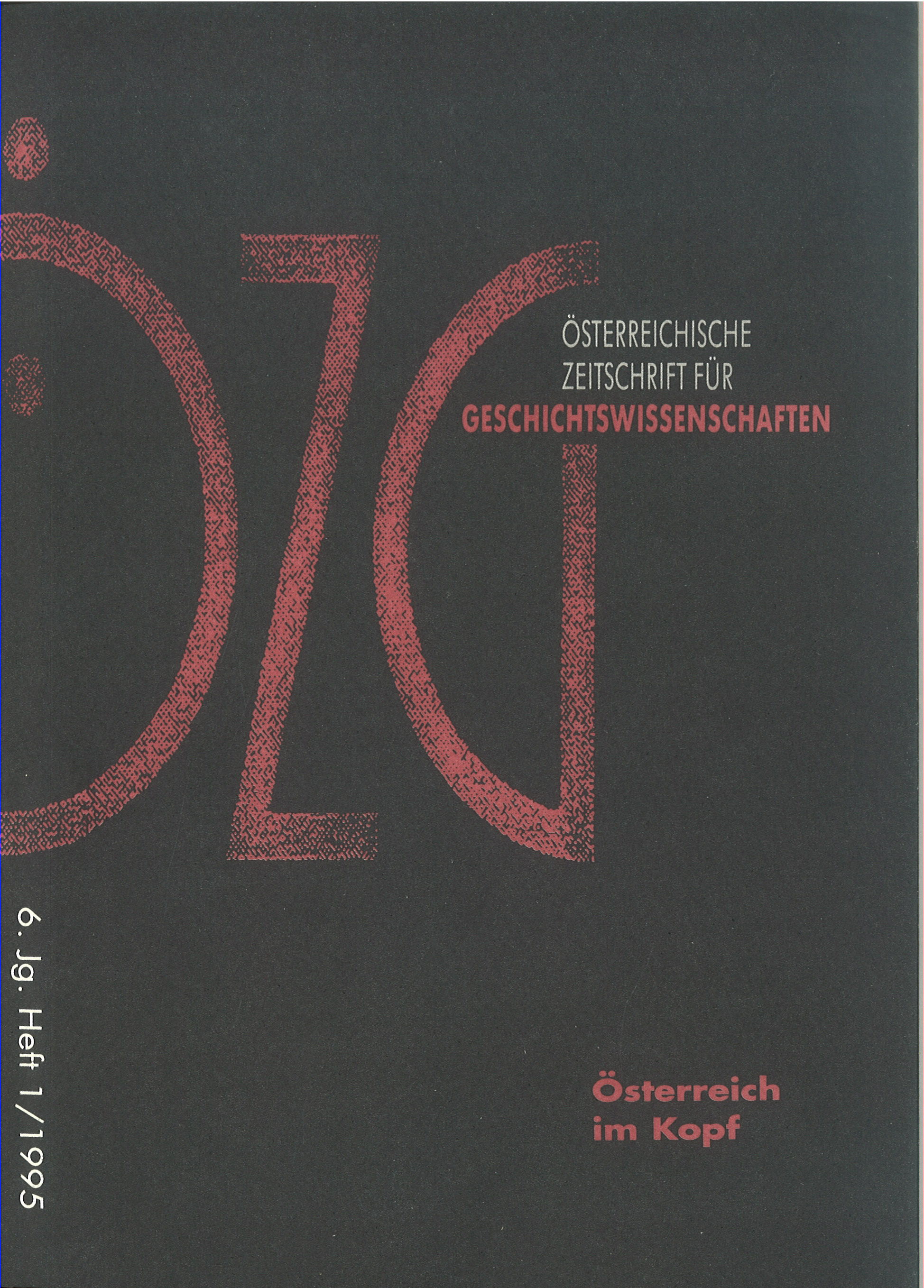Erinnern und Vergessen
Zum Umgang mit dem Nationalsozialismus in der Zweiten Republik
DOI:
https://doi.org/10.25365/oezg-1995-6-1-3Abstract
The author attempts to approach the problem of remembering Austria's Nazi-past on both, a structural-social as well as on an individual-biographical level. After 1945, a collective memory has been institutionalized in Austria which understands national socialism as a system not belonging to the country's history. This process of „externalizing“ national socialism can be a structuring resource for the work of individual remembering. By such means, emotional bonds and those of identification which were built up within different roles and in the adoption of certain ideas of the Nazi-regime are excluded from the reflexive conscience. On the basis of a case study, the article attempts to show in what ways the problem of the general culture of memory is represented in the problem of individual remembering and forgetting. To make terminologically plausible the relation between collective and individual aspects of memory, the author extends the socio-structural approach by an ethno-psychoanalytic perspective.


